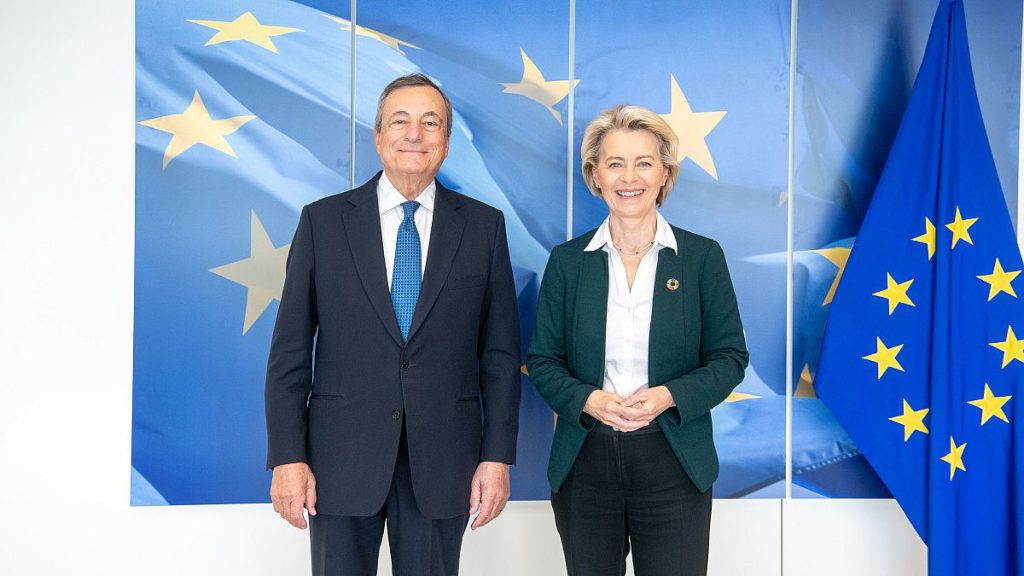The long-awaited report on EU competitiveness by former European Central Bank President Mario Draghi has faced criticism for not including a diverse range of voices in its consultation process. Despite receiving contributions from various institutions and organizations, critics point out that important perspectives from Central and Eastern Europe, civil society organizations, and trade unions were not adequately represented. Draghi’s team received 236 contributions from think tanks, universities, lobbyists, EU bodies, and others, but some stakeholders argue that this process was one-sided and failed to capture the full scope of Europe’s challenges. The European Commission, which commissioned the report, has acknowledged the concerns but stated that it was up to Draghi to decide on his consultation process as an independent special advisor.
Civil society organizations and NGOs have expressed alarm that their views were not adequately reflected in the 400-page report, which provides recommendations on how Europe can compete with China and the US. Only 5% of the contributions came from civil society and trade unions, according to Corporate Europe Observatory’s research and campaigns coordinator Olivier Hoedeman. He believes that the report’s failings in addressing the ecological crisis and social inequality stem from this one-sided approach. While some NGOs, such as the European Environmental Bureau, were listed as contributing stakeholders, they claim they were not actually consulted during the process. The EEB emphasized the importance of ensuring that initiatives like President von der Leyen’s Clean Industrial Deal do not lead to deregulation.
The lack of diversity in the consultation process for Draghi’s report has sparked criticism from various stakeholders, including Vienna-based geopolitical consultant Velina Tchakarova, who highlighted the omission of voices from Central and Eastern Europe in the discussions on Europe’s challenges. The European Commission has defended Draghi’s autonomy in choosing his working methods but continues to face mounting complaints about the exclusion of key perspectives. While prestigious institutions and major tech companies were among the contributors to the report, concerns persist over the representation of marginalized voices and critical viewpoints. The failure of the report to adequately address pressing issues such as the ecological crisis and social inequality has reinforced the importance of inclusive consultation processes in shaping EU policies.
As the debate over the composition of Draghi’s report continues, stakeholders emphasize the need for a more inclusive and representative approach to addressing Europe’s competitiveness and sustainability challenges. The concerns raised by civil society organizations, trade unions, and NGOs underscore the importance of ensuring that diverse voices are heard in policy-making processes. The European Commission’s response that it was up to Draghi to determine his consultation process does not fully assuage fears that crucial perspectives have been overlooked in the report. Moving forward, there is a call for greater transparency and inclusivity in shaping EU policy recommendations to adequately address the complex and multifaceted challenges facing Europe. By incorporating a wider range of voices and viewpoints, policymakers can better understand and respond to the diverse needs and concerns of European citizens across the continent.













